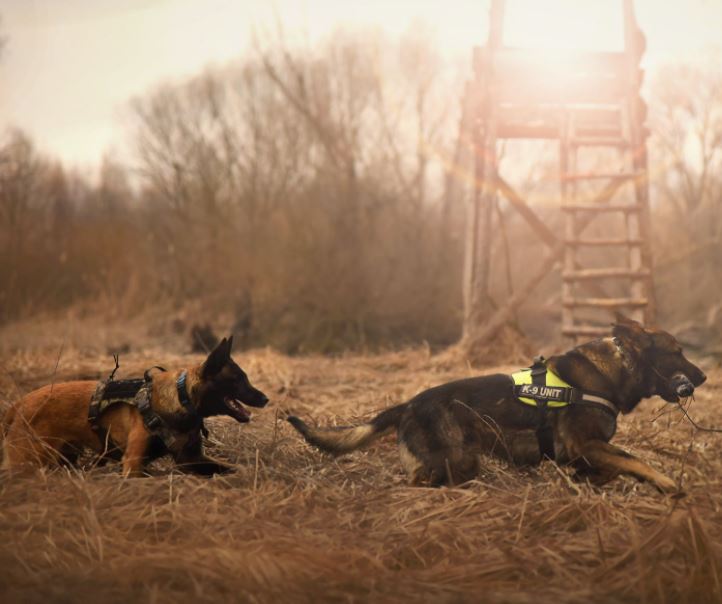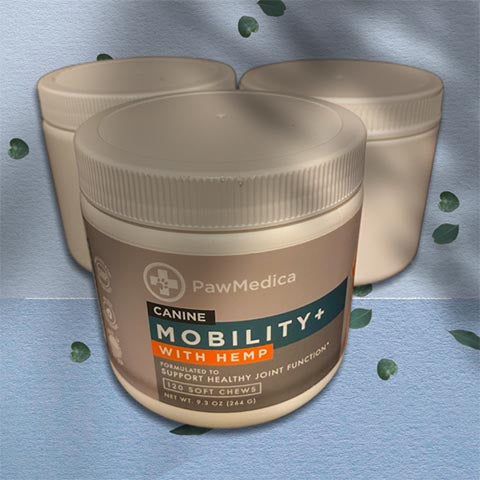
If your pet is a legitimate member of your family, you're not alone. But just because they're a part of your family doesn't mean you should be saving them a seat at your Thanksgiving dinner table. Because while the foods that constitute your traditional Thanksgiving spread may leave you and your furbaby drooling, you may want to keep them away from the table. That's because many of these Thanksgiving standards are actually toxic to animals.
Turkey Bones
Given the fact that bones are often presented as treats for dogs, it might seem safe to assume that you can let them feed off of what's left from the turkey carcass. Unfortunately, that's not actually the case. The biggest threat of turkey bones comes from splintering inside the body and potentially puncturing internal organs. But that doesn't mean that dogs and cats can't eat turkey. Just be sure that you ditch the bones and skin. The latter is often prepared with spices that can upset your pet's stomach or cause even more dramatic health issues.
Desserts
The Thanksgiving season isn't all about the savory ingredients. A variety of sweet treats are also often part of the traditional Thanksgiving table, but you should be careful about which ones you set aside for your dog. Both cats and dogs have a toxic reaction to chocolate, but canines absolutely love the flavor of chocolate. Be sure to keep any chocolate treats far from the edge of the table, but you should be careful about any sweets you feed a dog from your table.The sugar and butter used to make many dishes taste sweeter have the unfortunate side effect of causing indigestion and other stomach conditions in pets. If you do want to enjoy Thanksgiving dessert with your pet, you may be best off avoiding table scraps altogether, although you can use some of the ingredients you already have to prepare something special and delicious. Pumpkin is a great choice for a healthy coat and digestive system, and dishes like frozen yogurt are delicious while also providing a dramatically outsized number of health benefits.
Grapes and Raisins
Salads may not get the attention they deserve, but they help add a sense of variety to a Thanksgiving meal, and the holiday is abundant with unconventional salad choices. Whether you're looking to make ambrosia or a fruit salad, there's a good chance that grapes or raisins will be included. But there's an even greater chance that your pet will get sick if they take a taste.The truth is, grapes and raisins aren't some of the more well-known ingredients toxic to pets, but they're definitely one of the more dangerous. In fact, they're arguably even more harmful than chocolate. Both grapes and raisins can be devastating to the kidney health of pets, and it can even cause critical kidney failure in the most extreme situations. While the exact reason for why grapes are so toxic to cats and dogs isn't exactly known, it's believed that natural chemicals in the fruit or those added through pesticides and other external chemicals have a major part to play.
Pork
Candied hams are second only to turkey as the favored meat dish on the Thanksgiving dinner table. And since turkey bones are not an option, you may be tempted to treat your pet to a little bit of ham or bacon as a substitute. While it's not as lethal of a threat as some of the other ingredients on this list, pork is still bad news for pets.That largely comes down to the fattiness of pork products. That fat makes pork one of the richest and most delicious meats around, but it results in a tremendous amount of caloric intake for both dogs and cats. Habitual pork consumption can rapidly lead to obesity in pets, but there are more troubling short term effects as well. Pork can upset a pet's diet, potentially leading to diarrhea, vomiting, or both. Apart from nausea, pork can be linked to more serious health conditions in pets - notably pancreatitis. For those reasons, you should avoid even a small amount of pork in the Thanksgiving dinner you prepare for your dog.
Dressing, Stuffing, and Other Side Dishes
The recipes for dressing and stuffing can vary wildly from region to region and family to family, but the most prevalent recipes are often packed with a variety of ingredients that are bad for canines. Garlic, onions, and scallions serve a critical role in adding flavor and texture to a dish, but they're all ingredients that can be potentially toxic to dogs.
Those ingredients are common in dishes, so exercise caution all around. Mashed potatoes, green beans and collards are all appealing - and nutritionally rich - choices for dogs, but hold the spices, and keep an eye out for varieties of onion that could jeopardize the health of your furry friend.
Building a Pet-Friendly Thanksgiving Menu
There are a few dishes that dogs just flat out shouldn't eat. Poultry bones, grapes, and chocolate top that list. But there are other staples of the Thanksgiving diet that just aren't right for dogs due to more innocuous ingredients. Rich ingredients like butter and artificial fats can result in some serious discomfort as well as exacerbate potential health issues. While you can feed your dog from the table with a little bit of caution, you may be better off preparing something special.
If you do decide to feed your pet from the table, look out especially for foods in high fat and those that are heavy on spices. Dogs aren't exactly preparing four-course meals in the wild, so it makes sense that they benefit little from complex and richer dishes. Consider putting together a list of safe dishes so your dogs can share in the fun, but keep an eye on simpler dishes, and consider preparing a special meal exclusively for your dog. Celebrating family is an important part of the holidays, but keeping that family safe is obviously an even higher priority.



